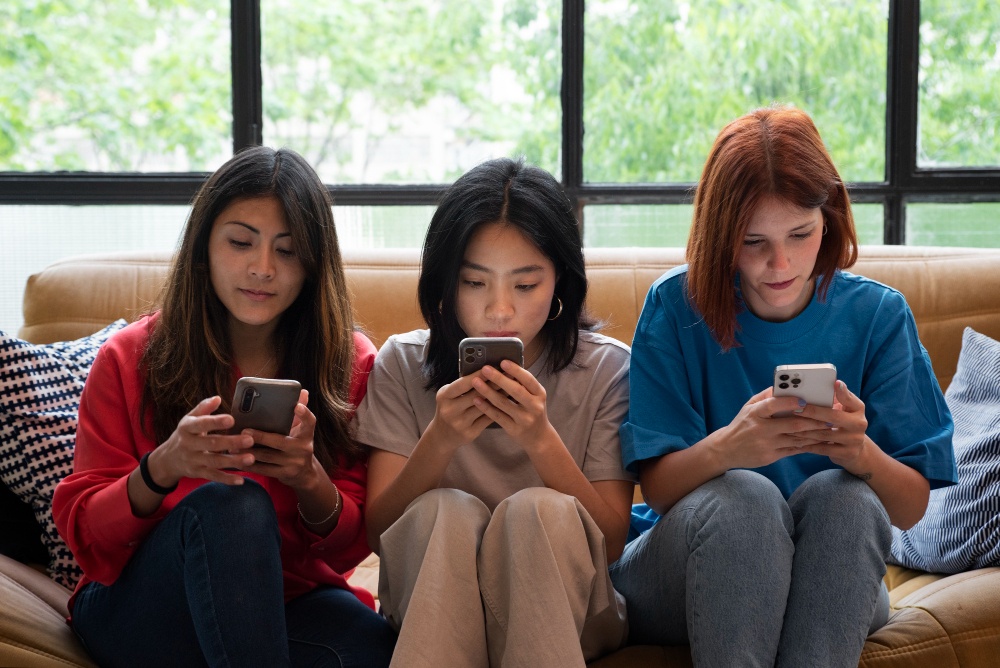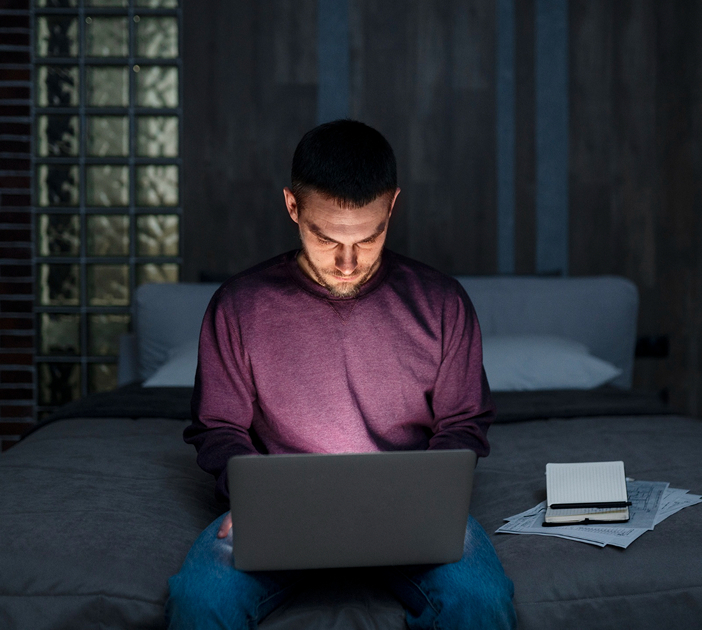Smartphone Addiction and Overuse Support
When your phone feels impossible to put down, it’s a signal to seek support, not shame.
At TruPaths, we understand that phones can easily become more than just devices. For many teens, young adults, and even parents, smartphones offer sense of control, comfort, or escape when life feels stressful or overwhelming. Over time, this can turn into patterns of overuse that are difficult to break without support.
You’re not failing or weak. These patterns often develop as a way to cope with deeper emotions. We’re here to help you or your loved one understand what’s driving the behavior and guide you toward lasting balance.









